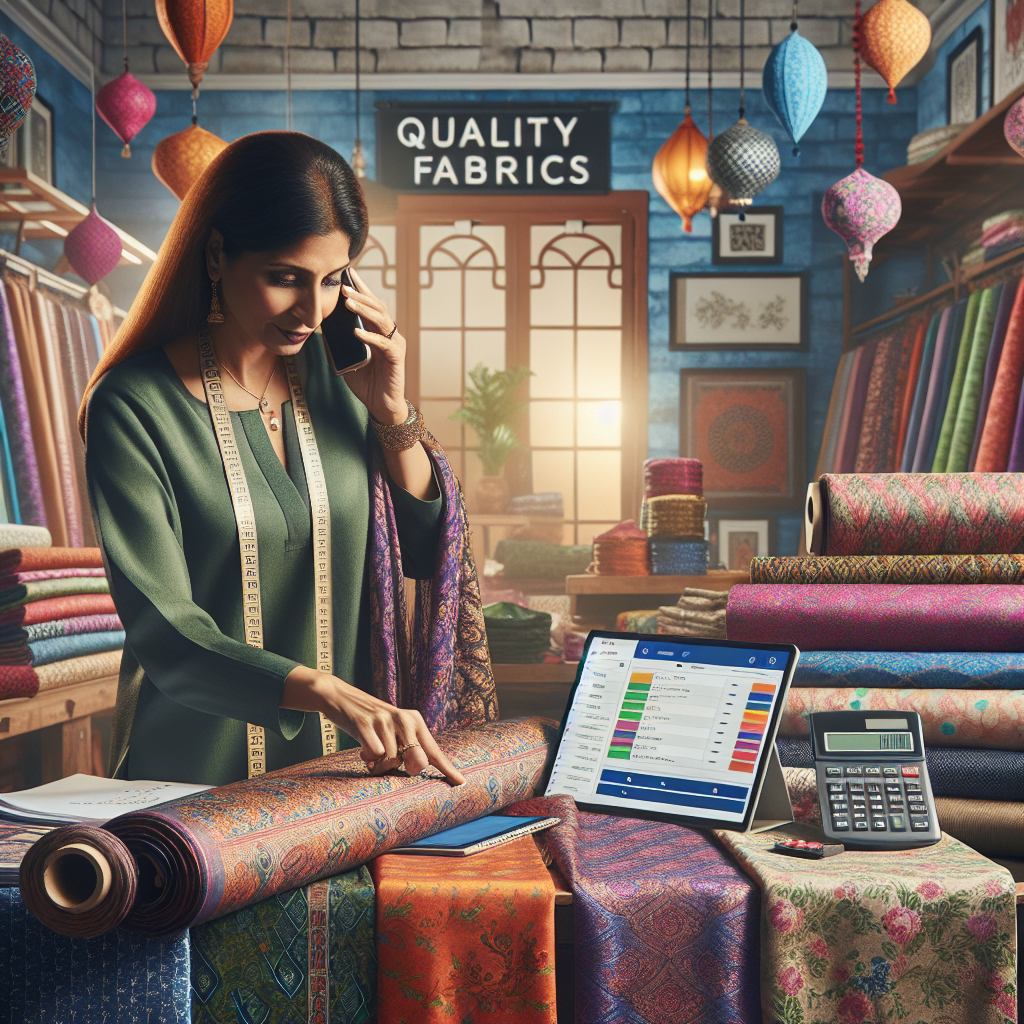ADB Grants Bangladesh’s First Sustainability-Linked Loan to Envoy Textiles
The newly approved financing builds upon ADB’s earlier collaboration with Envoy in 2022, which supported energy-efficient textile production.

- Country:
- Bangladesh
The Asian Development Bank (ADB) has signed a $30 million sustainability-linked loan (SLL) agreement with Envoy Textiles Limited (Envoy), marking a landmark step toward sustainable industrial finance in Bangladesh. This initiative represents ADB’s first-ever sustainability-linked loan in the country, underscoring a growing commitment to align Bangladesh’s manufacturing and export sectors with international sustainability goals.
A Milestone in Sustainable Finance
The newly approved financing builds upon ADB’s earlier collaboration with Envoy in 2022, which supported energy-efficient textile production. This follow-on loan now establishes a framework that ties financial terms directly to the company’s sustainability performance — a first for Bangladesh’s private sector.
A sustainability-linked loan is a forward-looking, performance-based debt instrument designed to incentivize companies to achieve specific environmental and social benchmarks. The loan terms are linked to key performance indicators (KPIs) that measure Envoy’s success in achieving its sustainability goals — specifically:
-
Total installed rooftop solar capacity, and
-
Reduction in greenhouse gas (GHG) emissions.
By embedding sustainability metrics into financing agreements, the ADB aims to encourage measurable climate action while driving industrial modernization.
Expanding Green Production in Bangladesh’s Textile Sector
Envoy will use the loan proceeds to fund the design and construction of a new automated spinning unit at its existing manufacturing plant in Jamirdia, Bangladesh. The facility will increase Envoy’s annual yarn production capacity by 4,550 tons, primarily to support the company’s in-house denim fabric production.
Additionally, the financing will fund the installation of 3.5 megawatts-peak (MWp) of rooftop solar panels, enabling the factory to offset a significant portion of its energy consumption through renewable sources. The solar installation is expected to substantially reduce carbon emissions, contributing to Bangladesh’s national targets for renewable energy adoption and decarbonization.
Part of the loan will also refinance short-term working capital loans, freeing up resources for operational expansion and innovation.
A Partnership for Industrial Transformation
“The ready-made garment industry is a key driver of Bangladesh’s economy, accounting for over 80% of the country’s total export earnings,” said ADB Country Director for Bangladesh Hoe Yun Jeong. “Envoy is a leader in this sector, and ADB is pleased to support its growth through our first sustainability-linked loan in Bangladesh. This partnership not only advances environmental sustainability but also sets a new standard for modernization and resilience in the garment industry.”
Envoy’s new facility will feature automation and advanced energy-efficient systems, helping to reduce operational costs and environmental impacts. The expansion supports both Bangladesh’s Vision 2041 development plan and its Nationally Determined Contributions (NDCs) under the Paris Agreement, which emphasize industrial decarbonization and renewable energy adoption.
Industry Leadership in Sustainable Denim
Founded in 2008, Envoy Textiles Limited has long been recognized as a pioneer in sustainable garment production. With an annual production capacity of 54 million yards of denim fabric—around 10% of Bangladesh’s total denim output—Envoy supplies major global apparel brands across Europe and North America.
In a major achievement, Envoy became the world’s first denim manufacturer to receive Platinum LEED certification from the United States Green Building Council (USGBC), setting a global benchmark for environmentally responsible textile production. The factory’s design emphasizes water recycling, renewable energy, and waste minimization — a model increasingly emulated by other manufacturers in the region.
Strengthening the Green Transition
For Bangladesh, the ADB-Envoy partnership symbolizes a broader transition toward green finance and sustainable manufacturing, in line with the government’s climate and energy commitments. As the garment sector — the country’s largest export industry — faces mounting global pressure to decarbonize supply chains, sustainability-linked loans are emerging as a vital tool for transformation.
ADB’s investment also aligns with its Energy Transition Mechanism (ETM) and Country Partnership Strategy for Bangladesh (2021–2025), both of which prioritize clean energy, private sector innovation, and inclusive growth.
“This is more than a financing agreement — it is a step toward building climate-resilient industries that will secure Bangladesh’s economic future,” Jeong added.
Envoy’s Commitment to Responsible Growth
Expressing gratitude for ADB’s continued partnership, Envoy Chairman Kutubuddin Ahmed said, “We are honored to receive ADB’s support once again, this time through a sustainability-linked loan that reflects our shared vision for responsible growth. The financing will allow us to expand production capacity, invest in renewable energy, and further reduce our environmental footprint.”
Ahmed emphasized that sustainability is not an add-on but a core business strategy for Envoy. “We remain committed to the highest standards of quality, inclusivity, and sustainability — not just for our company, but for the future of Bangladesh’s garment industry.”
A Model for the Future of Green Industry
ADB’s sustainability-linked loan to Envoy Textiles marks a pioneering step toward integrating environmental accountability into industrial finance. It provides a roadmap for other manufacturers in Bangladesh and across Asia to access funding that rewards sustainability performance rather than penalizing short-term costs.
By linking financing to measurable climate outcomes, the initiative demonstrates how financial innovation can accelerate the transition to low-carbon, energy-efficient production systems — a necessity as global brands and investors demand greener supply chains.
Toward a Sustainable Garment Industry
As the world’s second-largest garment exporter, Bangladesh is at the forefront of global textile supply chains. The success of projects like ADB’s sustainability-linked loan to Envoy Textiles could catalyze a broader shift in how the country’s manufacturers approach sustainability — turning environmental responsibility into a source of competitive advantage.
With rising global demand for sustainable apparel and stricter environmental standards in export markets, green financing mechanisms like this one may soon become the new norm rather than the exception.
- READ MORE ON:
- Asian Development Bank
- Envoy Textiles
- Bangladesh
- Sustainability-Linked Loan
- Renewable Energy
- Green Manufacturing
- Denim Industry
- Garment Sector
- Climate Finance
- LEED Certification
- Sustainable Development
- Industrial Modernization
- ADB Investment
- Solar Energy
- Clean Industry
- Private Sector
- Circular Economy










